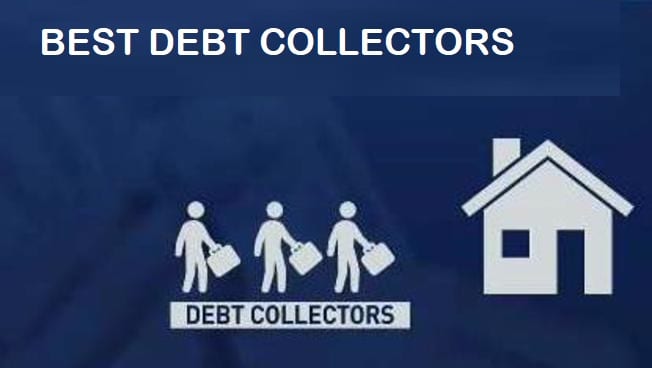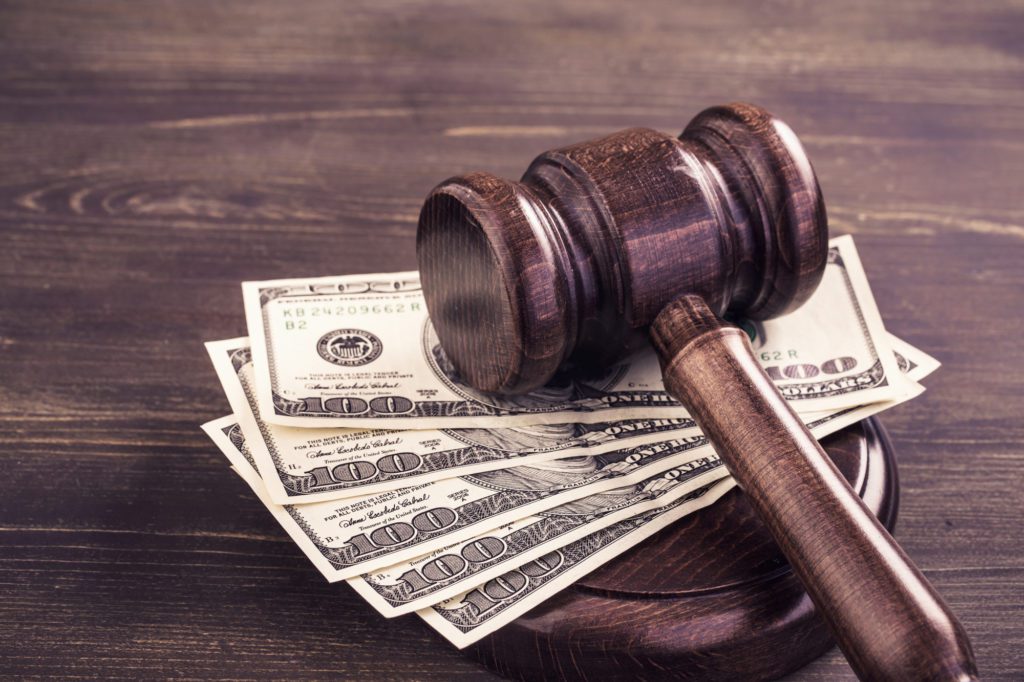
How Do Debt Collection Agencies Get Compensated?
When you include mortgage payments, the average American has more than $90,000 worth of debt. While many Americans stay current with their bills, about 35% of American adults that have a credit file have at least one debt in collections.
While it's stressful to be a consumer that has debts they can't repay, it can be even more stressful to be a business owner who has customers that won't pay the money they owe.
When it's clear that a customer isn't going to pay off their debt without some convincing, it's time to consider looking into hiring a debt collection agency.
What do debt collection agencies do, though, and how do they get compensated? Let's take a look at what you need to know.
Debt Collection: How Does It Work?
If you are a business owner that is struggling to get people to pay off their debts, hiring a reputable debt collector could be your best option. These agencies will act on your behalf to help retrieve the money that you are owed.
Some debt collectors operate independently, but they often work for agencies. These agencies work to collect delinquent debts of all kinds, including:
- Medical debts
- Credit card debts
- Personal loan debts
- Student loan debts
- Business debts
- Automobile loan debts
- Utility and cell phone bill debts
It is typical for collection agencies to specialize in specific types of debt. Some agencies will negotiate settlements with consumers when it comes to difficult-to-collect debts. This means they might negotiate for an amount that is less than how much they owed.
If a consumer refuses to pay a collection agency, they also might pass the case onto lawyers who can then file a lawsuit against them.
(Looking for a new credit card processor for your business? Check out our article on the cheapest options here.)
What Does a Debt Collection Agency Do?
Debt collectors contact delinquent borrowers through phone calls and letters. Through these means, they try to convince them to pay off the debt that they owe. If the contact information that the original creditor provided is no longer current, these agencies can use private investigators and computer software to try and find them.

These agencies can also work to determine their ability to repay through conducting searches for their assets. This might mean searching for brokerage or bank accounts.
Debt collection agencies might also contact credit bureaus to report delinquent debts. This can help to encourage the consumer to repay their debt, as these debts can severely lower a person's credit score.
The debtor has to pay back the debt of their own free will. These agencies don't have the right to reach into a bank account or seize a paycheck. This is true even if they know the account and routing numbers to an individual's bank account.
The only way where money can be seized lawfully in this way is if a judgment is obtained. This can be achieved by taking the debtor to court and winning the case before the statute of limitations has expired.

This type of judgment can lead to garnishing bank accounts and wages. However, the agency still needs to contact the bank and employer of the debtor to request that the money is repaid.
Debt collection agencies are also able to contact borrowers that already have judgments made against them. It can still be hard to collect debts once a judgment has been won by the creditor. Debt collectors can try to force the sale of an asset, place property liens, and place levies on motor vehicles or bank accounts.
How Do Debt Collection Agencies Get Compensated?
Debt collection agencies are compensated for their work collecting debt through being paid a percentage of the amount collected. This is usually between 25% and 50%. Usually, there will be a contract between the creditor and the agency that states that the agency doesn't get paid until the money has been recovered.
Sometimes creditors choose to sell an existing debt to these agencies if they aren't feeling particularly optimistic that the debt will be repaid. These debts will often be bundled with other debts and sold for a small percentage of the total amount. At this point, the debt collection agency owns the debt and is, therefore, free to negotiate settlements on their own behalf separate from the original creditor.
How a Reputable Debt Collection Agency Operates
When you start a search for a “debt collection agency near me,” you might be wary of the bad reputation that many debt collectors have. In fact, there are more complaints made to the Federal Trade Commission regarding debt buyers and debt collectors than any other industry.
However, there are debt collection agencies that are law-abiding, fair, honest, and respectful. When a person is contacted about a debt they owe, they have the legal right to make a written request for debt verification. At this point, the debt collector will send a written notice with vital information and suspend collection efforts.
If they aren't able to send verification of the debt, reputable companies will no longer continue to try and receive repayment from you.
Is It Time For You to Hire a Debt Collection Agency?
When you are looking into debt collection agencies, one of your top concerns is likely what percentage they are going to take when your money is finally recovered. At the same time, you want to make sure that the company you hire will be law-abiding and reputable.
For this reason, we've put together a debt collection agency list of the best agencies in 2021. You can take a look at our debt collection agency reviews here.
Author: Hudson Piccini
Hudson Cynar, a Harvard University alumna and the owner of three prosperous enterprises, is a distinguished business consultant, author, and writer. Her expertise spans multiple business sectors, with a particular emphasis on storage containers, commercial copiers, payroll services, and medical billing software. Dedicatedly investing thousands of hours into product and service research, Hudson crafts insightful reviews to guide entrepreneurs in making informed decisions for their businesses.
